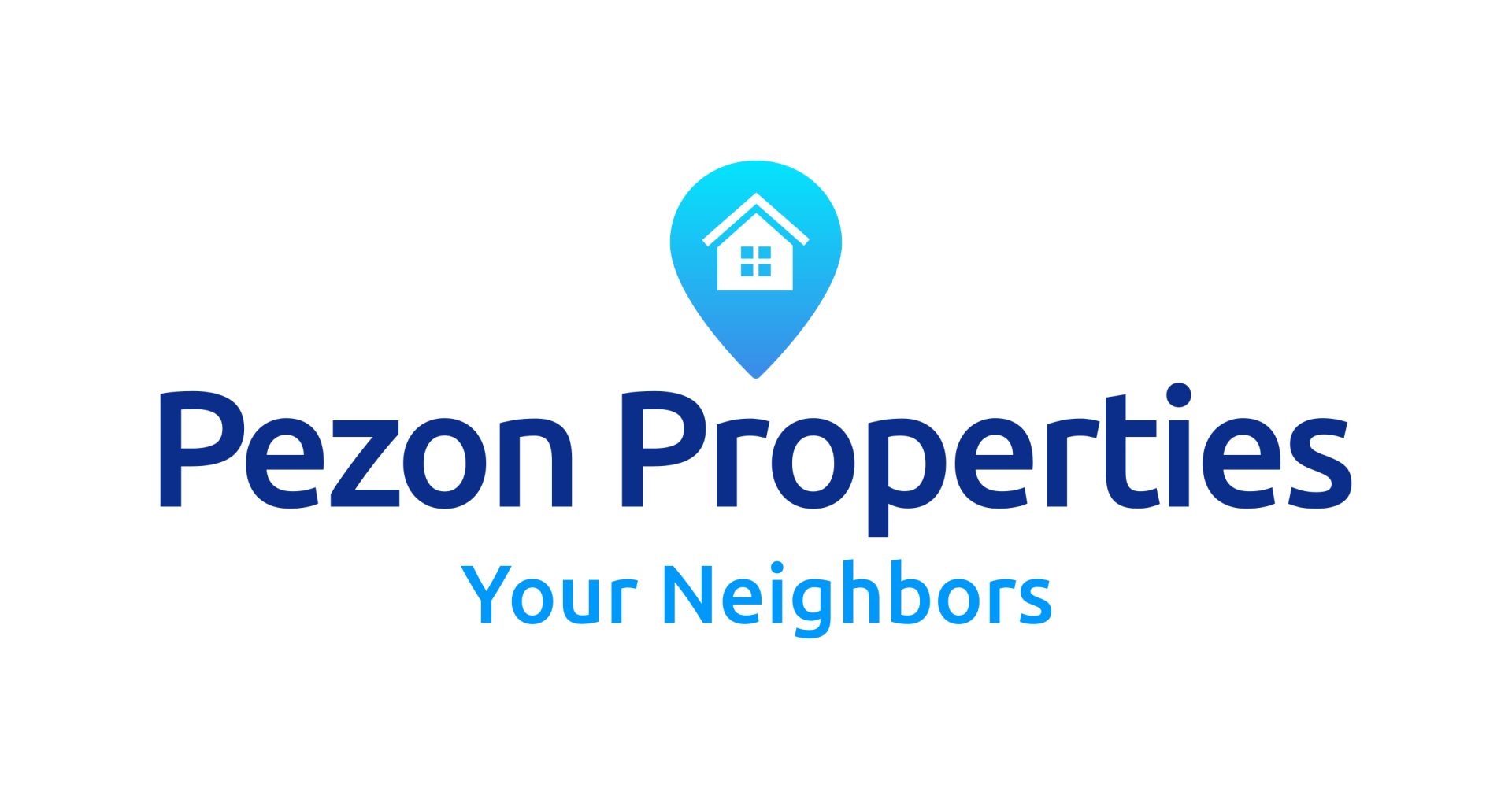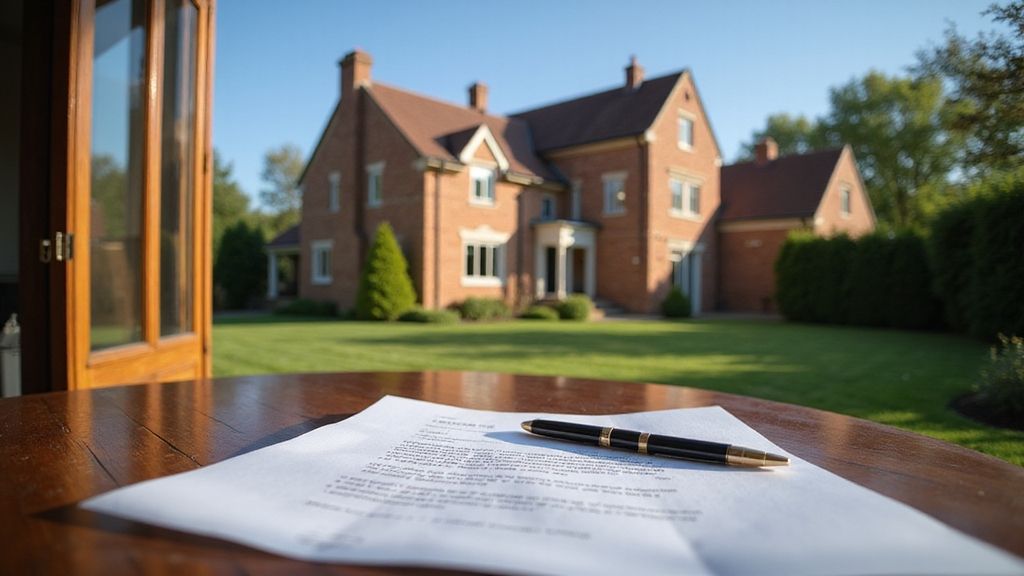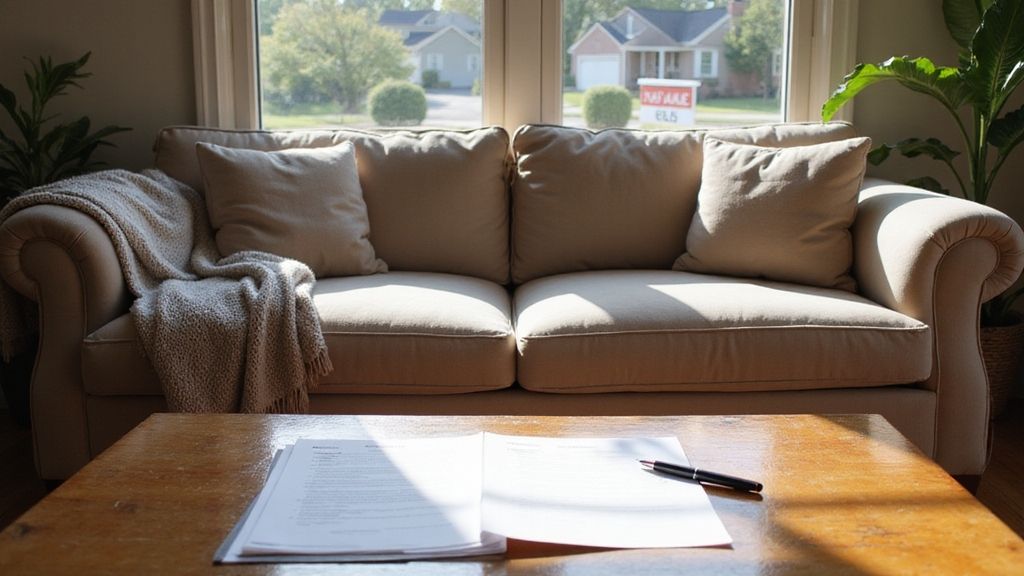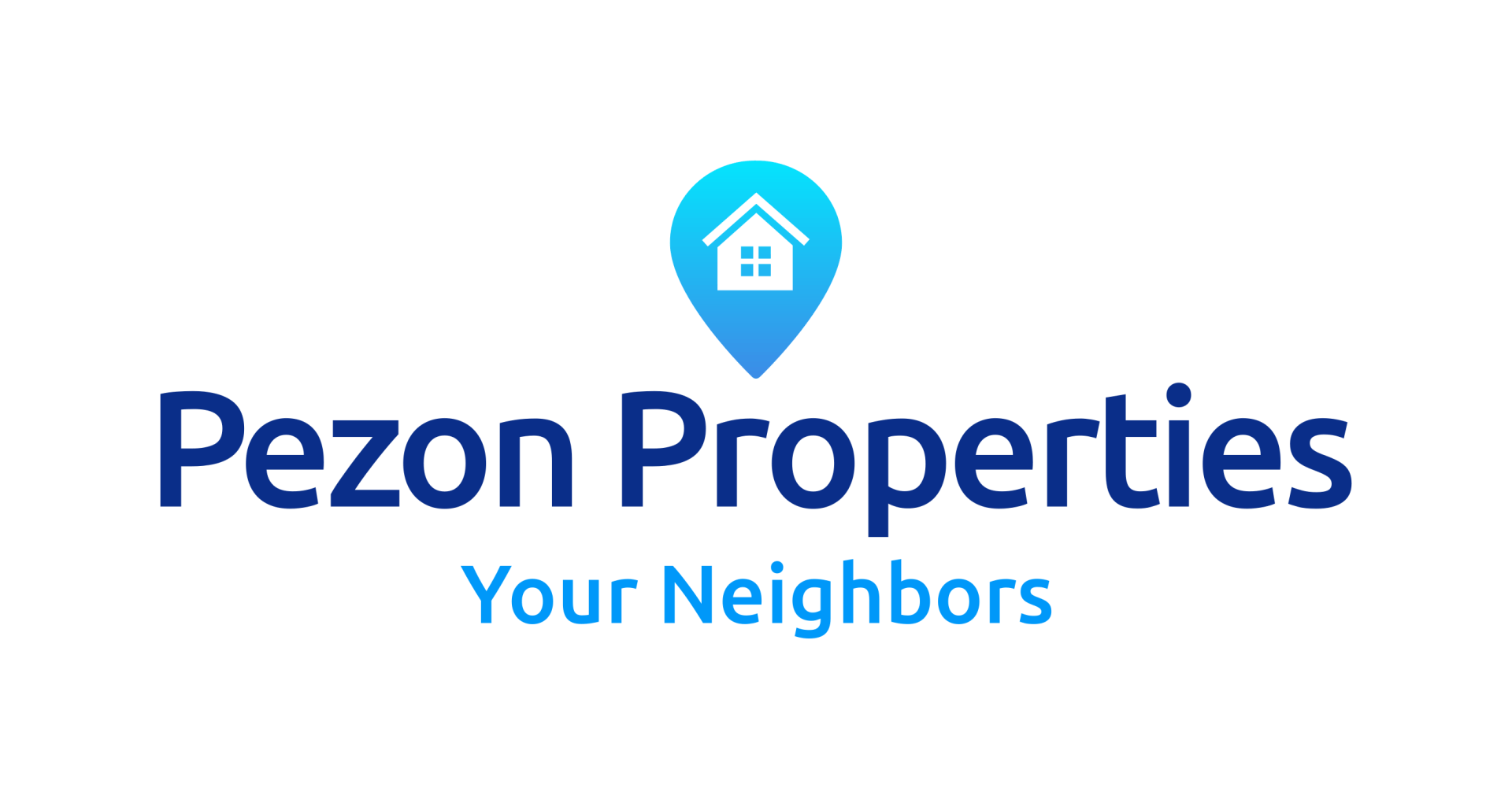What Is A Mortgage?

Buying a home is a significant milestone in life. Many people dream of owning their own property. However, the cost of purchasing a house can be overwhelming. Most individuals don't have enough savings to pay for a home outright.
This financial hurdle can make homeownership seem like an impossible goal. The process of securing funds for such a large purchase can be daunting.
The stress of not having enough money to buy a home is real. People may feel stuck in the rental cycle, unable to build equity. They might worry about missing out on potential property value appreciation.
The thought of never owning a home can be disheartening. Financial instability and uncertainty about the future can cause anxiety. Many feel like they're throwing money away on rent each month.
A mortgage offers a solution to this problem. It allows people to purchase homes without paying the full amount upfront. Homebuyers can spread the cost over many years, making ownership more accessible.
A mortgage turns a large, unmanageable expense into affordable monthly payments. It provides an opportunity to build equity while living in the property. Mortgages make the dream of homeownership a reality for many.
This blog post will explain mortgages in detail. We'll cover types, terms, and how to qualify. You'll learn everything you need to know about mortgages.
What Is a Mortgage and Why Do You Need One?
A mortgage is a loan that helps you buy a home without needing the full price upfront. This financial agreement is between you and a lender, often a bank or credit union. The property you purchase acts as collateral, giving the lender security.
When you obtain a mortgage, you commit to repaying the loan amount plus interest over a specific term, usually 15 to 30 years. Your monthly mortgage payment typically covers the principal, interest, property taxes, and homeowners insurance. The interest rate depends on factors like your credit score, the mortgage type, and market conditions.
Various mortgage types cater to different needs. Fixed-rate mortgages provide predictable monthly payments, while adjustable-rate mortgages may start with lower rates that can change later. Government-backed loans, such as FHA loans, can be more accessible for first-time buyers or those with lower credit scores.
Most lenders require a down payment, which is a percentage of the home’s price paid upfront. This down payment can influence your interest rate and whether private mortgage insurance is necessary.
A mortgage is essential because it allows you to own a home without saving the entire price. It lets you build equity over time and benefit from potential property appreciation. Homeownership also offers stability, tax benefits, and the freedom to personalize your living space.
Types of Mortgages Available Today
In today’s varied housing market, several mortgage types cater to different financial situations. Common options include fixed-rate, adjustable-rate, FHA, VA, conventional, and jumbo loans. Understanding these choices is crucial for selecting the right mortgage.
A fixed-rate mortgage has a consistent interest rate throughout the loan term, usually 15 or 30 years. This option offers stability and predictable monthly payments.
Conversely, an adjustable-rate mortgage (ARM) starts with a lower rate that can change based on market conditions. ARMs are beneficial if you plan to move or refinance in a few years.
FHA loans, supported by the Federal Housing Administration, allow for smaller down payments and flexible credit requirements. They’re excellent for first-time homebuyers or those with lower credit scores.
VA loans are available for eligible veterans and service members, offering zero-down-payment options and competitive rates.
Conventional mortgages don’t have government backing and often require higher credit scores and down payments. However, they offer flexibility in loan terms and may have lower overall costs.
Jumbo loans cater to high-value properties that exceed conforming limits set by Fannie Mae and Freddie Mac.
When considering mortgage types, evaluate your credit score, down payment capability, and long-term financial goals. Research various lenders and compare their options to find the best loan for your needs.
How Does a Mortgage Payment Work?
Understanding how mortgage payments work is essential for managing your home loan effectively. Your monthly mortgage payment usually consists of four components: principal, interest, taxes, and insurance, often called PITI.
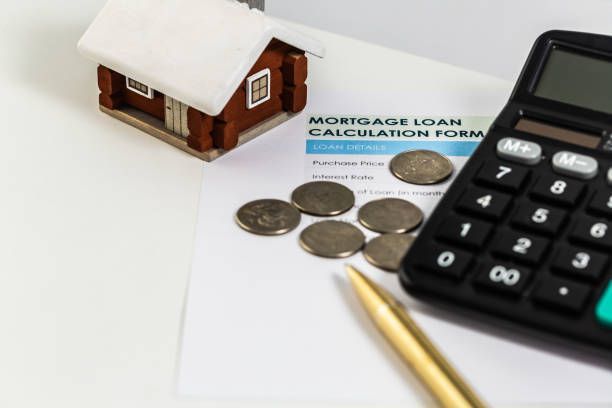
The principal is the part of your payment that reduces the loan amount you borrowed. At the start of your loan, less goes to principal, but this increases over time. Interest is the cost you pay for borrowing money.
It’s calculated using your mortgage’s interest rate and the remaining loan balance. Early in the loan, a larger portion of your payment is applied to interest.
Additionally, your lender may collect property taxes and homeowners insurance premiums as part of your monthly payment. They hold these funds in an escrow account to pay bills when they’re due, ensuring these expenses are taken care of.
The loan term and interest rate greatly affect your monthly payment. Longer loan terms usually lead to lower monthly payments but result in more interest paid overall. An amortization schedule displays how your payments are allocated to principal and interest over time.
As you make payments, your loan balance decreases, allowing you to build equity in your home. Some borrowers opt to make extra payments to pay off the loan faster and reduce interest costs.
Understanding the components of your mortgage payment helps you make informed decisions about home financing and budget effectively.
Understanding Mortgage Interest Rates
Mortgage interest rates greatly influence the total cost of your home loan. Lenders evaluate multiple factors when determining your rate, which affects the interest you’ll pay over the loan’s life.
A key factor is your credit history. A higher credit score often results in lower interest rates. This score shows lenders that you reliably pay off debts.
The type of loan impacts your rate as well. Fixed-rate loans maintain the same interest rate throughout the loan period. In contrast, adjustable-rate mortgages begin with lower rates that can fluctuate.
Your down payment size can also affect your interest rate. Generally, a larger down payment leads to a lower rate, reducing the lender’s risk. Additionally, the loan term matters; shorter loans usually have lower rates than longer ones.
Different mortgage types offer various rates. For instance, government-backed loans like FHA or VA loans may provide lower rates compared to conventional loans.
Lenders will assess your financial situation and current market conditions when you apply for a mortgage.
Even slight differences in interest rates can significantly impact your monthly payment and total loan cost. Therefore, it’s essential to compare offers from multiple lenders to find the best rate for your needs.
What Determines Your Mortgage Eligibility?
Several factors influence your mortgage eligibility. One of the most important is your credit report. It shows your financial history and reliability. Lenders scrutinize your credit score, payment history, and outstanding debts to evaluate your creditworthiness.
Your income and job stability are also vital. Lenders need to see you have a steady income for consistent payments. They’ll typically review your pay stubs, tax returns, and employment history.
The size of your down payment is another key factor. A larger down payment can lead to better interest rates and may help you avoid mortgage insurance premiums. Conventional loans often require a down payment of 3% to 20%, depending on specific terms.
Your debt-to-income ratio (DTI) is essential in determining how much you can borrow. This ratio compares your monthly debt payments to your gross monthly income. A lower DTI improves your chances of qualifying for various loans.
The value and condition of the property you wish to buy also affect your eligibility. Lenders usually require an appraisal to ensure the home’s value matches the loan amount.
The Mortgage Application Process
Initiating the mortgage application process can feel overwhelming, but it’s quite simple when broken down into steps. Start by gathering essential documents, like proof of income, tax returns, and bank statements.
Next, compare mortgage offers from various lenders, including banks, credit unions, and mortgage brokers, to find the best rates.
Once you select a lender, submit your mortgage application. The lender may ask for more information during this phase. They’ll review your credit score, income, and debt-to-income ratio to assess your eligibility and loan costs.
After submitting the application, the lender will provide a Loan Estimate. This document outlines the estimated interest rate, monthly payment, and closing costs. You must confirm your intent to proceed with the application.
The next step is underwriting, where the lender verifies your information. They’ll assess the property’s value through an appraisal and may require a home inspection.
If approved, you’ll receive a Closing Disclosure. This document details the final loan terms and closing costs. Review it carefully and ask questions if anything is unclear.
Common Challenges with Mortgage Payments
Managing mortgage payments can be challenging, even after securing the loan. One common issue is understanding how your payment is allocated.
Your mortgage payment typically includes principal, interest, taxes, and insurance, known as PITI. Regularly reviewing your mortgage statements is important to stay on track.
Another challenge is making payments on time. Job loss or unexpected expenses can affect your ability to keep up with payments. If you find yourself struggling, reach out to your lender or the Consumer Financial Protection Bureau for assistance.
Fluctuating payments can also be a concern. If you have an adjustable-rate mortgage or an escrow account, your monthly payment may increase due to rising property taxes or insurance costs. Budgeting for these potential changes can help reduce financial stress.
Lastly, the long-term nature of a mortgage can feel overwhelming. It can take decades to pay off your loan.
To ease this burden, consider making extra payments or refinancing to a shorter-term loan if it fits your goals.
Remember, timely payments build equity and improve your credit score, offering significant long-term benefits.
Can You Lose Your Home with a Mortgage?
Yes, you can lose your home if you have a mortgage. A mortgage is a loan that’s secured by your property. When you take out a mortgage, you agree to make regular payments. If you fail to make these payments, your lender can start foreclosure.
Foreclosure happens when you default on your mortgage. This allows the lender to take your home and sell it to recover their money. Different mortgages may have different rules about default and foreclosure. For instance, adjustable-rate mortgages may have stricter terms than fixed-rate mortgages.
To protect your home, make your payments on time. If you face financial issues, talk to your lender right away. Many lenders offer help, like loan modifications or forbearance. Avoid taking on more debt, such as a home equity loan, which can increase your risk of losing your home.
Interest rates can also impact your ability to pay your mortgage. If you have an adjustable-rate mortgage, be ready for possible rate hikes that can raise your monthly payment.
Knowing your mortgage terms and staying in touch with your lender can help you manage challenges and lower the risk of foreclosure.
Alternatives to Traditional Mortgages
Traditional mortgages aren’t the only way to finance a home. If you struggle to secure a mortgage or want to explore other options, several alternatives are available.
One option is an FHA loan. This government-backed mortgage has more lenient credit requirements and lower down payments. It’s ideal if you have a lower credit score or limited savings.
Another alternative is a rent-to-own agreement. This allows you to rent a property with the option to buy it later. It gives you time to improve your credit or save for a down payment.
Owner financing is also an option. In this scenario, the seller acts as the lender, often providing more flexible terms.
A lease option can be beneficial too. This lets you lease a property and buy it at a set price within a specific timeframe.
For veterans, a VA loan may be appealing. It often requires no down payment and offers competitive interest rates.
If you seek a lower interest rate, consider an adjustable-rate mortgage (ARM). The rate changes over time based on market conditions.
When exploring mortgage or financing options, work with a reputable real estate agent. Compare offers from multiple lenders.
Be aware that some alternatives may have unique terms or fees. Always review the details before committing to any loan for your home purchase.
When Should You Refinance Your Mortgage?
Refinancing your mortgage can be a smart financial decision in specific situations. Consider refinancing if interest rates have dropped significantly since you obtained your mortgage. A lower interest rate can lead to substantial savings, especially with a 30-year fixed-rate mortgage.
Another reason to refinance is to change your loan type. For example, switching from an adjustable-rate mortgage to a fixed-rate mortgage provides more stability. You might also choose to refinance to obtain an FHA loan if you struggle to qualify for a conventional one.
If you have built up substantial equity in your home, refinancing can help you eliminate private mortgage insurance (PMI) payments, reducing your overall mortgage cost. Improved credit scores since your original loan may also qualify you for better rates and terms.
You may want to refinance if you need access to your home equity for significant expenses or to consolidate debt. Be cautious about extending your loan term, as this may increase your total mortgage cost over time.
Before deciding to refinance, use a mortgage calculator to compare your current loan with new options. Consider closing costs and ensure your savings exceed these expenses.
Check the conforming loan limit in your area to see if you qualify for better rates. Ultimately, the best mortgage for you depends on your financial situation and goals.
Signs You’re Struggling with Your Mortgage
Financial stress can show itself in different ways when it comes to your mortgage. If making monthly payments is a challenge, it’s important to identify the signs early and take action. Remember, a mortgage is a loan for buying a home, and not meeting your payments can lead to serious issues.

One clear sign of trouble is consistently making late payments or missing them. If you find yourself borrowing money or using credit cards to cover your mortgage, that’s a red flag. Additionally, if your mortgage payments take up more than 30% of your monthly income, this is generally too high for most borrowers.
You might also be struggling if you’re constantly anxious about the next payment or if you’re neglecting other bills to prioritize your mortgage. The relationship with your lender can become tense if you frequently ask for payment extensions or modifications.
If you have an adjustable-rate mortgage and interest rates are rising, managing payments may become more difficult over time. In such cases, it’s crucial to explore your options for a more suitable mortgage.
Consider consulting with a financial advisor or your lender if your loan has a 3% or higher interest rate, as refinancing could help. Common types of mortgages, like fixed-rate or FHA loans, can provide more stability.
If you’re using your savings or thinking about a second mortgage for your down payment, it’s time to reassess your financial health and seek professional advice.
Benefits of Selling Your Home for Cash
Selling your home for cash provides several advantages. First, you avoid the complicated mortgage process. This makes the transaction faster and easier. Cash buyers don’t need loans, reducing the risk of deals falling through.
One major benefit is the speed of closing. Without mortgage approvals, you can complete the sale much quicker. This is helpful if you need to sell quickly or face financial challenges.
Cash sales often involve fewer contingencies. There’s no requirement for appraisals or lender inspections, which can complicate a sale. You also won’t have to worry about changing interest rates affecting a buyer’s financing.
Additionally, cash sales can save you money. Cash buyers may expect a discount for a quick sale. However, you can save on real estate agent commissions and closing costs.
Sell Your Home Fast to Pezon Properties - No Mortgage Needed
Homeowners seeking a quick and easy sale can turn to Pezon Properties. Unlike traditional sales that often require a mortgage, Pezon Properties offers a simple process without mortgage payments while you wait for a buyer.
At Pezon Properties, we buy houses quickly and easily. We offer a simple process without mortgage payments while you wait for a buyer. When you sell to us, you avoid the complications of a loan. You won't need to qualify buyers for financing or explain how mortgage payments work.
Instead, you'll receive a cash offer for your home, allowing you to sidestep typical lending challenges. This method is especially useful if you need to sell quickly or if your property may not qualify for standard financing. You won't face delays waiting for buyers to secure a loan. Our cash offer lets you close on your schedule, often in as little as a week.
We buy houses as-is without any fees in Pennsylvania. If you're a homeowner facing foreclosure, we can help you avoid it. We purchase properties in popular areas of PA, including Buckingham Township and Camp Hill. Our services also extend to Carlisle and other parts of the state. By selling to us, you can skip the hassle of traditional home sales and move on with your life quickly.
Conclusion
Understanding mortgages is essential for successful homeownership. They can be complex, and your choice must fit your financial situation. If you face challenges with your mortgage, selling your home for cash may be a quick solution.
This option can help you avoid lengthy processes. Whatever path you choose, you are now better prepared to make informed property decisions.
Give us a call anytime at 484-484-0971 or fill out this quick form to get started today!
Get A Fair Cash Offer On Your House

About the author
Mathew Pezon
Mathew Pezon is the founder and CEO of Pezon Properties, a cash home buying company located in Lehigh Valley, Pennsylvania. With several years of experience in the real estate industry, Mathew has become a specialist in helping homeowners sell their properties quickly and efficiently. He takes pride in providing a hassle-free, transparent, and fair home buying experience to his clients. Mathew is also an active member of his local community and is passionate about giving back. Through his company, he has contributed to various charities and causes.


